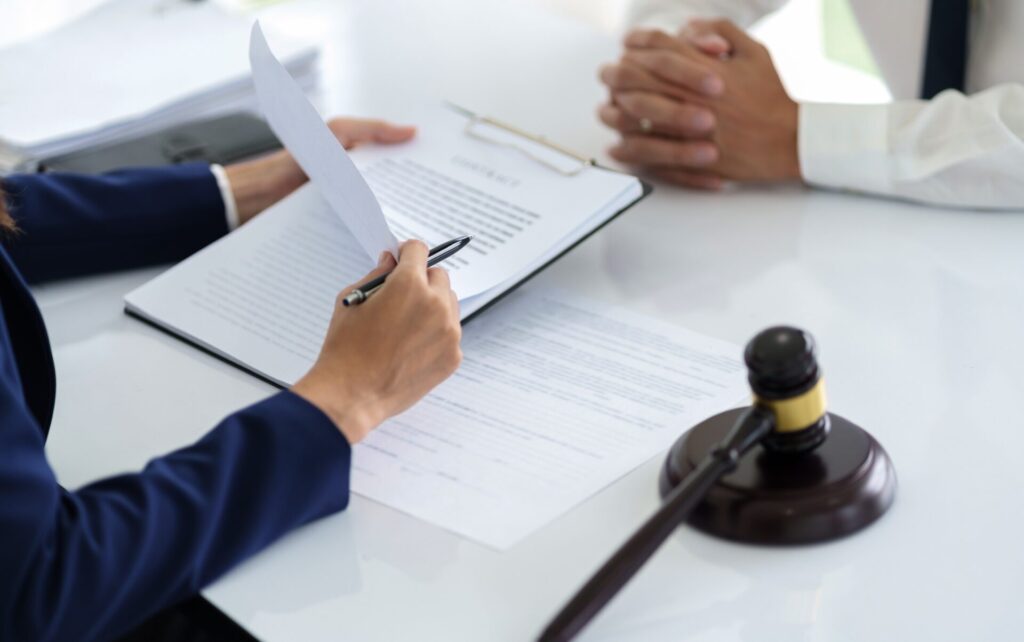Currently, in our technologically-dominated era of the smartphone and many other recording devices, almost anyone can record live events.
This new communal accessibility has led to the idea of having on-duty police officers use body-mounted cameras in order to capture incidents as they unfold. This includes capturing footage of car accidents, pedestrian accidents, traffic stops, interactions with the public, arrests, and interactions with other police officers and emergency service personnel.
The practice of using body cameras is in the initial stages of evaluation and study, although they are rapidly becoming standard equipment in departments across the nation and it is important to Miami criminal defense attorney Chad Piotrowski and his firm, Piotrowski Law.
There are plenty of pros and cons of police wearing body cameras in the court of public opinion. For example, making police wear body cameras on duty makes them accountable for every action they take. On the other hand, it also invades the privacy of every private citizen that the police interact with, since the footage captured by the camera becomes public property.
But it’s not always so simple. People have all kinds of opinions and questions related to these issues. Take a look at some of these pros and cons of police wearing body cameras in the court of public opinion.
The Pros
Accountability
Making an officer of the law accountable for every action is the best way to protect citizens against police excessive use of force. Knowing that their reports may be verified through video footage makes the police stick to the letter of the law, and its spirit as well. As a Miami criminal defense attorney, Chad Piotrowski at Piotrowski Law can tell you from experience that we have been able to secure not guilty verdicts for our clients time and time again because of the availability of video footage as evidence of their innocence.
Reduces Violence
Both police and the people they interact with will be reluctant to resort to violence if both sides know that events are being recorded on video. In addition, the use of body cameras while on-duty provides hard video evidence of the decisions police officers make during high-intensity situations.
Accuracy
Video footage may help provide valuable evidence in obtaining accurate witness and victim statements for your Miami criminal defense attorney.
Reduction in Court Expenses
Video footage captured by the body cameras may help speed up court proceedings by providing indisputable proof of situations. This may lead to a reduction in court expenses due to an increase in pre-trial plea bargains, early case dismissals or possibly an increased rate of convictions.
The Cons
Invasion of Privacy
Civil rights groups have argued that police should turn off body cameras if a private citizen claims an invasion of their privacy. But this creates more confusion since it would create a conflict in a situation where the officer in question may be required to use the body camera to record footage of actions at a crime scene.
Impedes Investigations
Requiring cameras to be on all the time while an officer is on duty may impede their ability to do their job. Police often have to deal with issues and people in secret to collect information and solve crimes. They may not be able to do this in front of cameras due to fear of retaliation or public exposure, and this may hinder investigations.
Technological Issues
Technological issues related to body cameras, such as a dead battery, damaged components, and obstructed lenses may cause the cameras to not function properly at times. This could result in a lack of important witness statements or crucial behavior by officers or citizens. A technological malfunction could also incriminate officers when misconduct has not occurred, according to a Miami criminal defense attorney.
Costs
The equipment is expensive. Potential costs involved in the use of body cameras include the cost of the devices themselves, maintenance, and costs associated with storing and maintaining the recorded data that is obtained. On top of that, additional costs will be associated with retrieving footage in response to subpoenas, investigations and public information requests.
Limitations
Because it is not practical to have cameras play constantly, there must be guidelines for when police should turn their cameras on and off. Many current policies encourage the cameras to be turned on only when police are among the public. However, the most significant objection to that is the fact that the officer can turn the camera on and off as he or she wishes. This can result in the police officer conveniently turning the camera off when he or she wants to exhibit excess force or violate a citizen’s rights. Unfortunately, the only time people would be able to figure out that the officers have not been turning on the cameras would be in a scenario where there is a complaint against the officer.
Body Cameras Can Provide the Evidence Needed
Overall, this new accessibility to body cameras creates an entirely new style of policing, which is why it’s always best to speak to a Miami criminal defense attorney. Now, everything can be caught on videotape, criminal or noncriminal, and could either help or hurt the defense and/or prosecution when it comes time for court proceedings. The video recordings can provide the defense and prosecution with what exactly occurred between the police officer and citizen, resulting in unquestionable convictions due to clear evidence or case dismissals due to a lack of evidence. In addition, an increase in the number of arrests made in the U.S. can result from the use of body cameras due to the ability to vividly show crimes committed or confessed to.
However, a decrease in the number of arrests can also result from the use of body cameras due to the fact that police will no longer be able to lie or fabricate their arrests. Unfortunately, this calls for prosecutors and defense attorneys to dedicate a lot of time to retrieving and reviewing video recordings. However, in the end, these body cameras can make a huge impact on crime in the U.S., the trust and comfort between the community and police, the accountability of individual officers, and the professionalism of our police departments.
Need a Solid Defense? Call Chad Piotrowski Today
Contact Miami criminal defense attorney Chad Piotrowski at Piotrowski Law if you need a solid legal defense and a clear explanation of your rights as a criminal defendant. Your rights need to be protected from the minute you are placed under arrest. Never answer any questions posed by the police because they are not looking out for your best interest. Instead, they are trying to build a case against you based on the information you provide them.
It’s important to note that once you are read your Miranda rights, you should not initiate a conversation with the officer. If you do so, you are waiving your rights. An experienced Miami criminal defense attorney knows how to challenge the evidence collected via a body camera worn by the arresting officer. Contact us today at 305-204-5000 to schedule a consultation.


